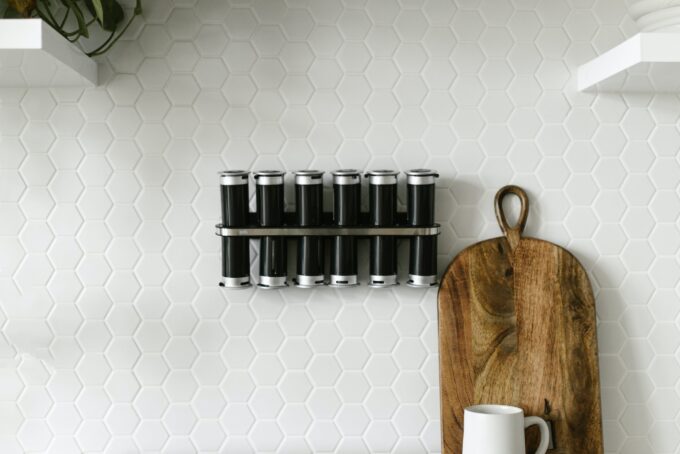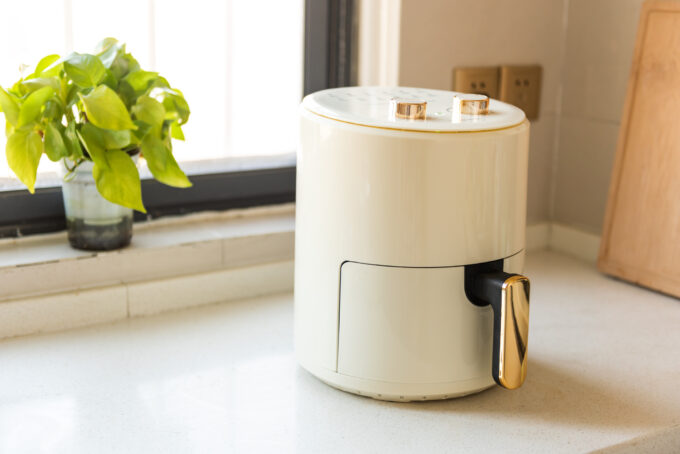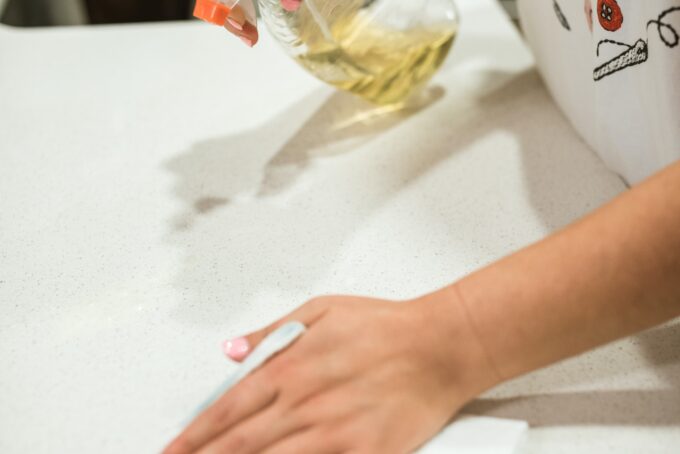Stanley cups have been all the rage lately, and we get it. They’re a style statement that comes in a variety of colors to align with any aesthetic and design style. They even look chic whether in your kitchen cabinet or in your hand while on the go. If you’ve succumbed to the Stanley cup craze, it’s essential to remember that if not properly cleaned, these cups can become unsanitary and even moldy.
TikTok creators have been going viral for sharing their discovery of mold in their Stanley cups as a result of improper cleaning.
@skysayingthingsNOT THE MOLD 😭😭😭😭♬ original sound – SKYLAR ✨🩷
Fortunately, it’s not difficult to keep your Stanley cup clean. Here’s how to do it.
Basic Cleaning Guidelines
Firstly, it’s important to follow Stanley’s official cleaning instructions. For everyday cleaning, gentle dish soap with a dish rag, soft sponge, or small brush is recommended. This helps in maintaining hygiene and preserving the cup’s finish.
Dishwasher vs. Hand Washing
Most Stanley products, including their popular tumblers, are dishwasher safe. For a thorough clean, disassemble the tumbler parts and place them in the dishwasher. However, for those who want to keep the cup as pristine as possible, hand washing is advised to preserve its finish or paint.
Dealing with Stubborn Gunk
If not cleaned frequently and properly, you might notice black gunk on or in your cup. This requires a bit more effort—a good scrub is necessary before placing it in the dishwasher. This gunk could be bacteria transferred from your mouth or even mold. While it’s generally harmless, it’s better to keep your cup clean to avoid any potential health issues.
Regular Maintenance
The mantra is simple: wash your Stanley cup after each use. This not only keeps it sanitary but also ensures longevity. Avoiding regular cleaning can lead to mold or bacteria growth, which, though typically harmless, could cause minor health issues like headaches, nausea, vomiting, diarrhea, and skin rashes.
Deep Cleaning Tips
For a deeper clean, a mixture of one part baking soda and one part warm water is effective. Soak your Stanley cup for up to an hour, then rinse and wash with mild detergent.
Chemicals to Avoid
Whatever you do, do not use harsh chemicals like bleach or chlorine to clean your Stanley cup. These products can damage the sealing parts of the cup, leading to leaks and reduced thermal efficiency.
popular posts

Planning New Year's Resolutions? Clean These 10 Things While You're at It
by Shamontiel Vaughn | December 27, 2024

How to Maintain Sparkling Clean Glass Shower Doors and Mirrors
by Kelsey Marie | September 20, 2023

Have Fleas? Here's Your Guide To Getting Rid of Them
by Melody Beuzelin | February 28, 2024
Spaces
Whether it’s luxury or ease, every area of your home should be as fabulous and unique as you.

Keep Your Kitchen Backsplash Squeaky Clean With These Tips
by Kelsey Marie | November 2, 2023
FOLLOW ALONG ON INSTAGRAM
#homeandtexture
Find us on social for more home inspiration where culture, personal style, and sophisticated shopping intersect to help you create a home where you love to live.



